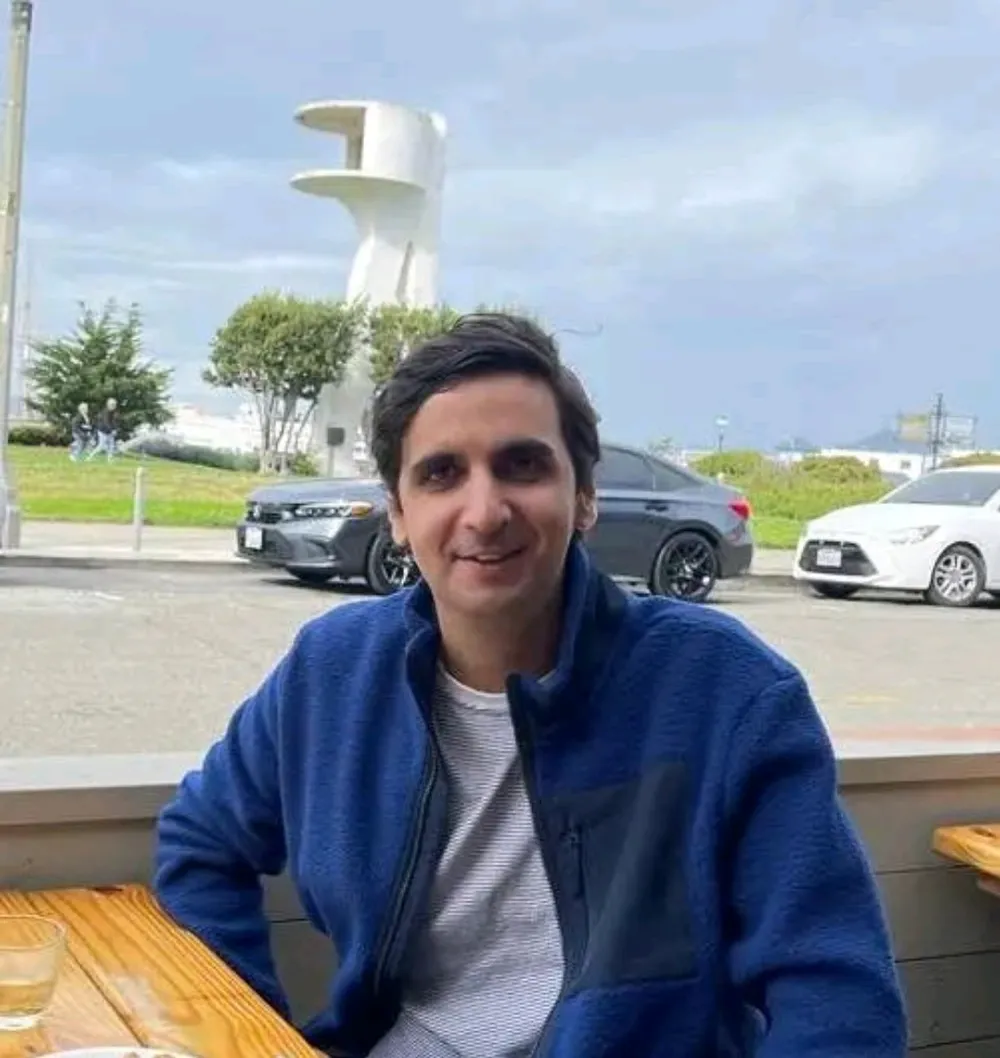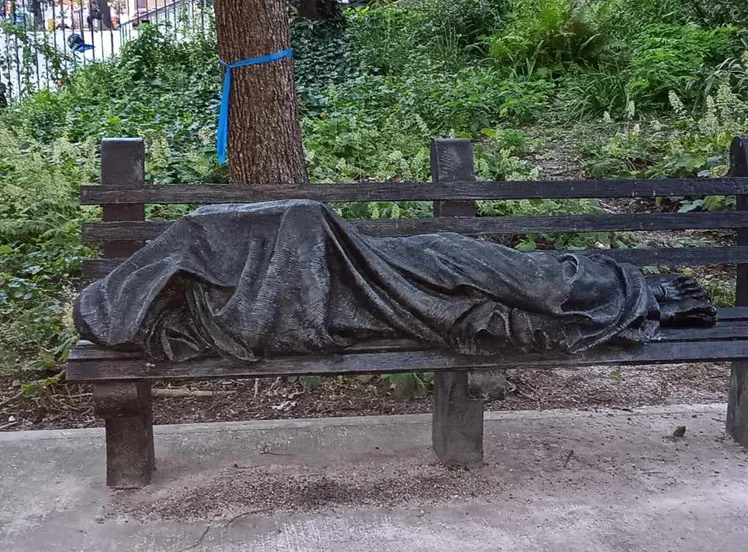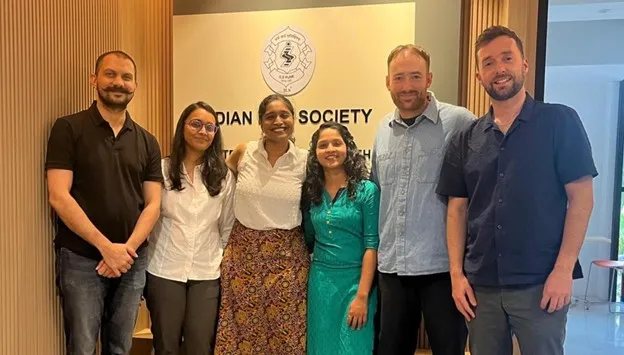My Churchill Fellowship report, Palliative and End-of-Life Care at the Deep End, calls for radical change by integrating trauma-informed, social justice, and inclusive approaches into palliative and end-of-life care.
Until the mid-20th century, dying people were largely neglected by society. In response, the modern hospice movement was born, aiming to prevent and relieve suffering at the end-of-life, promote dignity and agency, and allow the dying person to stay connected to their community. Over time, this led to the development of palliative care – care encompassing the values of the hospice movement, delivered in any setting, including hospitals, hospices, and the community. Although the goals of palliative care are now widely endorsed, at the time of its emergence it was revolutionary, placing compassion and autonomy at the centre of care for those most often ignored.
Today, however, the people who are most likely to receive palliative care when they need it are the most privileged in society. In contrast, the most disadvantaged people – including racialised minorities, homeless people, and people in prison – frequently lack access to high-quality palliative care.
There are major barriers for marginalised people receiving the care they need. For example, for homeless people, there can be lack of available care spaces, and no recognition by others of when a homeless person may be dying. For people in prison, barriers may include lack of care training for prison staff and inconsistent access to specialist support. Furthermore, trauma is extremely common among marginalised people and is often a significant barrier to care, reducing an individual’s health-seeking behaviour and ability to trust healthcare professionals.











